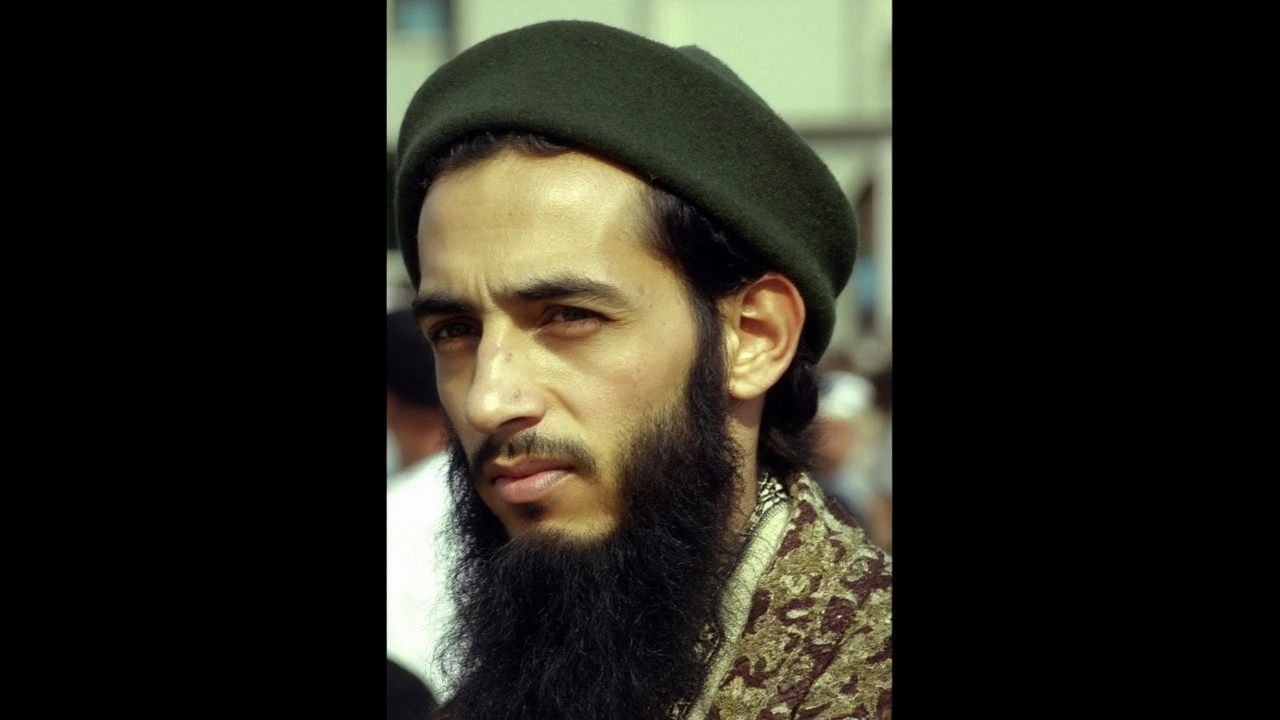European Court of Human Rights – What It Is and Why It Matters
The European Court of Human Rights (ECtHR) sits in Strasbourg and watches over the 47 countries that signed the European Convention on Human Rights. Think of it as a big referee making sure governments play by the same rules on freedom, privacy and fair treatment. If a country breaks those rules, the Court can tell them to fix the problem.
Who sits on the Court and how decisions are made
The Court has 47 judges, one from each member state, but they don’t vote along national lines. They work together to read written complaints, listen to oral hearings and then write judgments. A judgment is binding – the country must change its law or pay compensation. The process can take months or years, but the end result is a legal decision that sets a precedent for everyone.
Everyday examples of ECtHR rulings you might have heard
Many headlines come from the Court. One famous case told a country it couldn’t ban gay couples from adopting children because that violated the right to family life. Another forced a government to improve prison conditions after inmates complained about overcrowding. These decisions don’t just stay on paper; they shape national laws and affect real people.
In the UK, the Court has ruled on issues like privacy of journalists, the right to a fair trial and limits on surveillance. Each time, the UK government has to adjust its policies to stay in line with the Convention. That’s why the Court still matters to anyone living in Europe, even if you never hear its name in the news.
If you think your rights have been ignored, you can apply to the Court, but only after you’ve exhausted all local legal options. That means going through national courts first. The application must be in writing, explain how the government broke the Convention and include any evidence you have.
Once the Court accepts a case, it will assign a judge to write a summary of the issue. Then both sides can submit written arguments, and sometimes the Court holds a public hearing. After that, the judges discuss in private and issue a judgment that explains what went wrong and how to fix it.
The Court also keeps a database of all its judgments. You can search it for free to see how similar cases were decided. This helps lawyers, activists and even ordinary citizens understand what the Court expects from governments.
Why should you care? Because the Court’s rulings protect basic freedoms you use every day – the right to speak your mind, to be treated fairly by the police, to keep your personal data private. When the Court steps in, it sends a message that no government can ignore those rights.
In short, the European Court of Human Rights is a watchdog that makes sure the promises in the Convention turn into real, everyday protection. Its decisions shape laws, change policies and give people a tool to stand up for their rights across Europe.

Haroon Rashid Aswat Extradition Approved: UK Judges Clear U.S. Trial in Oregon Jihad Camp Case
UK judges have approved the extradition of Haroon Rashid Aswat to the United States over a plot to set up a jihad training camp in Oregon. The move followed years of legal fights and human-rights challenges over U.S. prison conditions. After Washington assured British courts he would receive psychiatric care, the transfer went ahead in October 2014. In January 2015, Europe’s top rights court ruled the extradition lawful.
Detail